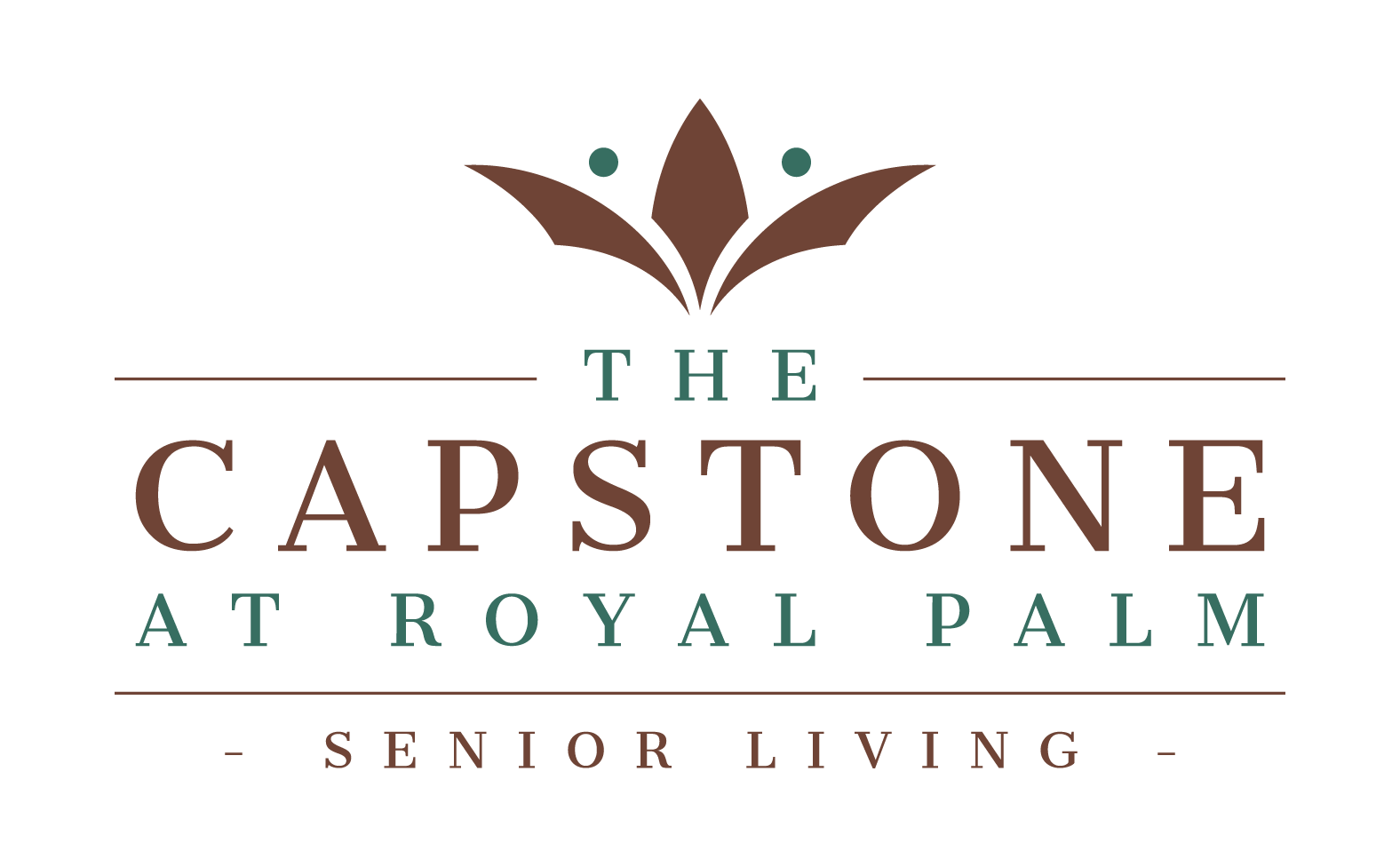Selecting the right memory care community for a loved one is a significant decision that requires careful consideration. Memory care provides specialized support for individuals living with Alzheimer’s disease and other cognitive impairments. These communities offer a structured environment with trained staff to ensure residents’ safety and well-being.
In the content below, we’ll discuss the key factors to consider when selecting a memory care community, helping you find the best option for your loved one’s unique needs.
What Is Memory Care?
Memory care is a specialized form of senior living designed specifically to support individuals with memory-related conditions, such as Alzheimer’s disease and dementia. These communities provide a safe environment with tailored programs that focus on enhancing the quality of life for residents.
Memory care communities usually offer a higher level of supervision and trained staff who comprehend the intricacies of caring for individuals with cognitive impairments. Here are the main components of memory care:
- Structured Environment
- Personalized Care Plans
- Specialized Activities
- Secure Setting
1. Assess the Level of Care Provided
The first step in selecting a memory care community is to assess the level of care your loved one requires. Senior living communities offer various levels of support, ranging from assistance with daily activities to extensive Alzheimer’s care services for those with advanced cognitive impairment. Ponder on the following factors:
Stage of Dementia: Determine the stage of your loved one’s condition. Early-stage dementia may require minimal supervision and support, while late-stage dementia needs more intensive care.
Daily Living Assistance: Assess the level of assistance needed with daily tasks such as bathing and getting dressed.
Behavioral Support: Some individuals with dementia may exhibit challenging behaviors such as aggression or anxiety. Ensure the community is equipped to handle these behaviors with compassionate care.
2. Evaluate the Staff’s Training and Expertise
The quality of care in a memory care community heavily depends on the staff’s training and expertise in dementia care. Trained caregivers can make a significant difference in managing the unique challenges associated with cognitive impairments. Here are key points to consider:
- Specialized Training
- Experience and Compassion
- Continuing Education
3. Consider the Community’s Physical Environment
The physical environment of a memory care community plays a significant role in the safety and comfort of residents. A well-designed community can help reduce confusion and anxiety for individuals with dementia. These are features to look for:
Secure Environment: Look for senior living communities with secure entrances and exits, enclosed outdoor spaces, and systems to prevent wandering.
Calming Spaces: Quiet areas, sensory rooms, and outdoor gardens provide residents with peaceful areas to relax and reduce agitation.
Homelike Atmosphere: A comfortable, homelike setting with familiar décor can help residents feel more at ease.
4. Evaluate the Quality of Personalized Memory Care
Personalized memory care is essential for meeting the unique needs of each resident. A good memory care community will take the time to understand your loved one’s personal history and routines to create a customized care plan. Key elements of personalized care:
Customized Care Plans: Each resident should have a care plan tailored to their specific needs, including their cognitive abilities, health status, and personal preferences.
Life Enrichment Programs: Look for elderly care communities that offer activities designed to engage residents based on their interests and abilities. These may include art therapy or music therapy.
Family Involvement: The best memory care communities encourage the involvement of loved ones in care planning and activities, which helps to create a supportive and connected environment.
Regular Assessments: Ongoing assessments of each resident’s condition and care plan ensure that their needs are consistently met and adjusted as needed.
5. Explore the Variety of Dementia Care Options and Programs
Different memory care communities offer various programs and approaches to dementia care. It’s important to find a community that provides a range of options tailored to different stages of cognitive decline. Below are the types of dementia care programs:
Early-Stage Support: Programs focused on mental stimulation, physical activity, and social engagement for individuals in the early stages of dementia.
Middle-Stage Support: Activities and therapies designed to maintain skills and provide a structured routine for those in the moderate stages of dementia.
Late-Stage Support: Compassionate care that prioritizes comfort and quality of life, including assistance with all daily activities and advanced medical care.
Specialized Therapies: Look for communities that offer specialized therapies such as music therapy, pet therapy, or sensory stimulation programs, which are particularly beneficial for individuals with dementia.
6. Assess the Community’s Approach to Behavioral Challenges
Individuals with dementia often exhibit behaviors like agitation, aggression, or wandering, which can be challenging to manage. It’s best to find a memory care community that has effective strategies to address these behaviors. Here are a few considerations for managing behavioral challenges:
- Behavioral Management Training
- Crisis Management
- Family Support
7. Involve Your Loved One in the Decision-Making Process
Whenever possible, involve your loved one in the decision-making process. This can help them feel more in control and comfortable with the transition to a memory care community. Here are a few ways to include your loved one:
Tour a Community Together: If feasible, take your loved one on a tour of a potential community to get their feedback and gauge their comfort level.
Discuss Preferences: Talk to your loved one about their preferences regarding daily routines, activities, and environment. Incorporating their wishes can make the transition smoother.
Focus on Positives: Emphasize the positive aspects of the move, such as opportunities for socialization and fun activities.
Discover The Capstone at Royal Palm
Selecting the right memory care community is a vital step in ensuring your loved one’s comfort and safety. At The Capstone at Royal Palm, our assisted living program is designed to help residents live an abundant life by connecting with the people and community around them.
Our team is dedicated to providing personalized memory care that enhances quality of life. To find more information about how The Capstone at Royal Palm can support your loved one’s journey, call us at (561) 672-0095 or reach out to us on our website. We look forward to welcoming you to our community!



